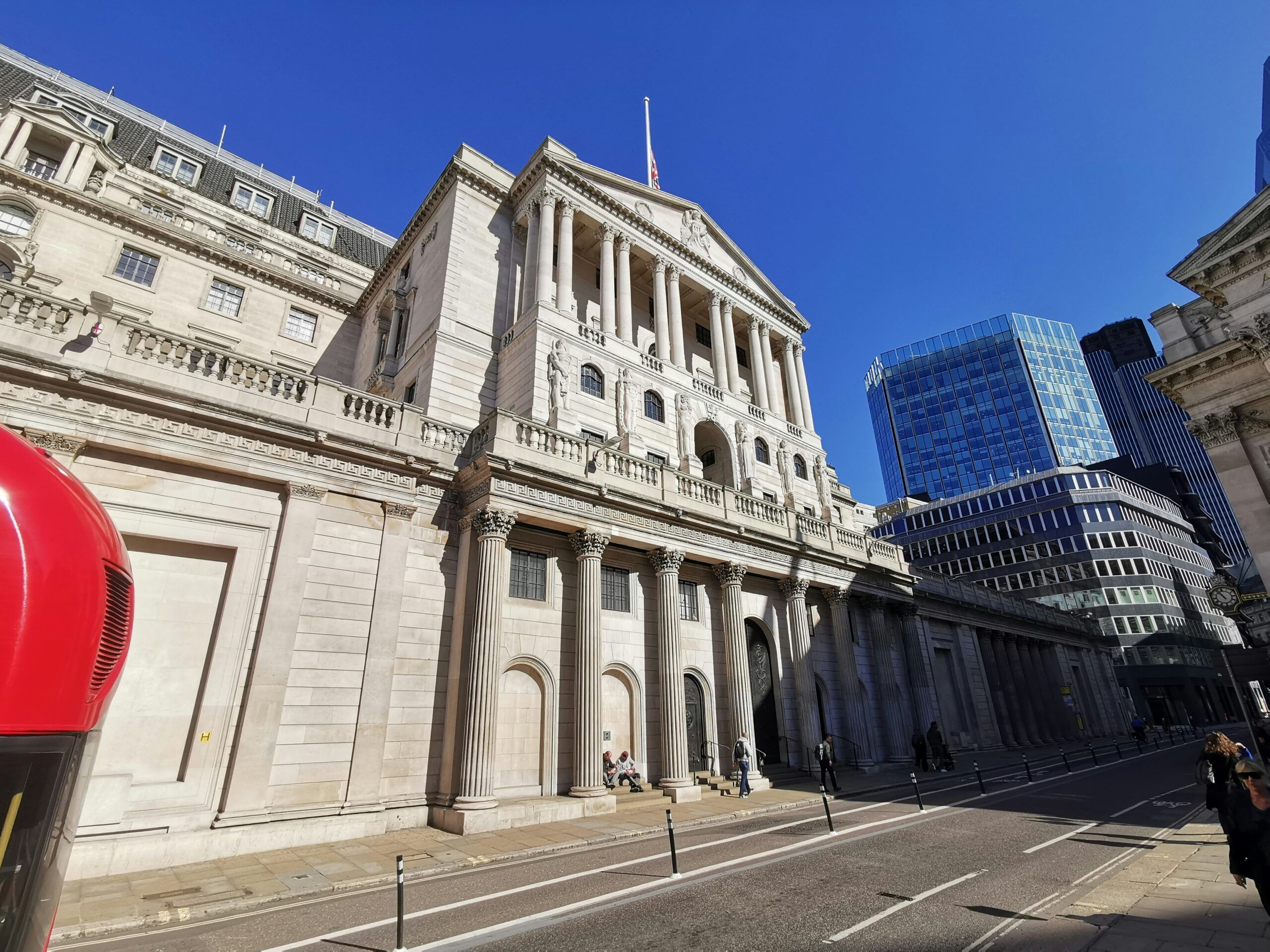
Bank of England Leaves Benchmark Interest Rates on Hold
Today the BOE’s (Bank of England) nine-member MPC (Monetary Policy Committee) voted 7-2 to keep interest rates on hold at 4.00%, with the two dissenting votes of Swati Dhingra and Alan Taylor both voting for a 25-basis point cut. Experts were not surprised at the MPC holding interest rates as data released shows that prices are increasing at twice the rate predicted by the BOE. However, officials said that they still expected inflation to return to the Central Bank’s target of 2%, but remained somewhat on the fence as regards further cuts this year.
However, the Governor of the Bank of England, Andrew Bailey, was slightly more forthcoming, saying that they are not done with the cycle of cutting interest rates referring to the possibility of upcoming risks with regards to cooling in the jobs market. Whilst highlighting rising inflation and an easing labour market Governor Bailey said, “there are risks on both sides” and added “I continue to think that there will be further reductions, but I think the time and scale of those is more uncertain now than before August”.
Analysts advise that financial markets see less than a 30% chance of another rate cut this year despite any implied optimism by Governor Bailey. The MPC meets two more times this year to discuss interest rates and experts advise that a rate cut at the November meeting of the MPC is all but ruled out as they expect inflation to hit 4%, double the BOE’s target figure which is backed up by Governor Bailey also saying “The pricing at the moment which basically says ‘look, there’s going to be a period where we’re watching very carefully to see how the economy unfolds before whatever we do next in terms of movement’ is, I think is the right thing”.
The BOE has also warned that the economy is being negatively impacted due to further tax raids by the current labour government with analysts saying that the Chancellor of the Exchequer, Rachel Reeves, will probably have to find somewhere between £20 Billion to £50 Billion in either spending cuts or tax increases to maintain her fiscal plans, but according to some financial commentators, either way her credibility is diminishing at a rapid rate.
Indeed, Governor Bailey noted that higher inflation was partly to blame on government policy, and in an open letter confirming that thought, he advised inflation was almost double (3.8%) of the bank’s target and said this was due to “the increase in employer NICS (National Insurance Contributions) and pay growth in sectors with a large share of employees at or close to the NLW (National Living Wage). Officials noted that they had previously warned that the introduction of net zero packaging taxes are also pushing up prices with inflation on supermarket shelves expected to continue up to close of business 31st December 2025. All in all, analysts advise that the general feeling in the financial markets is that the benchmark interest rate will remain the same at 4.00% come the end of the year.

Other facilities
IntaCapital Switzerland | Copyright © 2025 | All Rights Reserved